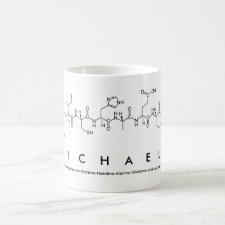
Authors: Appell M, Mueller A
Article Title: Mycotoxin Analysis Using Imprinted Materials Technology: Recent Developments.
Publication date: 2016
Journal: Journal of AOAC International
Volume: 99
Issue: (4)
Page numbers: 861-864.
DOI: 10.5740/jaoacint.16-0113
Abstract: Molecular imprinting technology is an attractive, cost-effective, and robust alternative to address the limitations of highly selective natural receptors, such as antibodies and aptamers. The field of molecular imprinting has seen a recent surge in growth, and several commercially available products are of great interest for sample cleanup to improve mycotoxin analysis. Current research trends are in specific applications of imprinting technology for small-molecule sensing and chromatographic cleanup procedures in new commodities. The choice of components and imprinting template are critical factors for mycotoxin recovery or detection optimization. Template mimics offer a means to reduce toxic exposure during polymer synthesis and address issues of leaching template from the imprinted polymer. Recent reports of molecularly imprinted polymers for aflatoxins, ochratoxins, fumonisins, fusaric acid, citrinin, patulin, zearalenone, deoxynivalenol, and T-2 toxin are reviewed.
Template and target information: Review - MIPs for mycotoxins analysis



Join the Society for Molecular Imprinting

New items RSS feed
Sign-up for e-mail updates:
Choose between receiving an occasional newsletter or more frequent e-mail alerts.
Click here to go to the sign-up page.
Is your name elemental or peptidic? Enter your name and find out by clicking either of the buttons below!
Other products you may like:
 MIPdatabase
MIPdatabase









